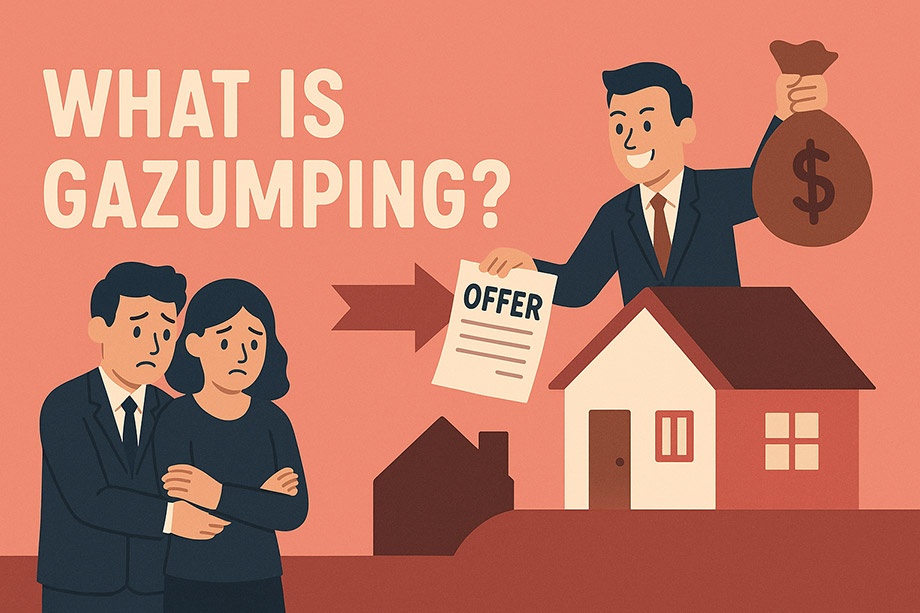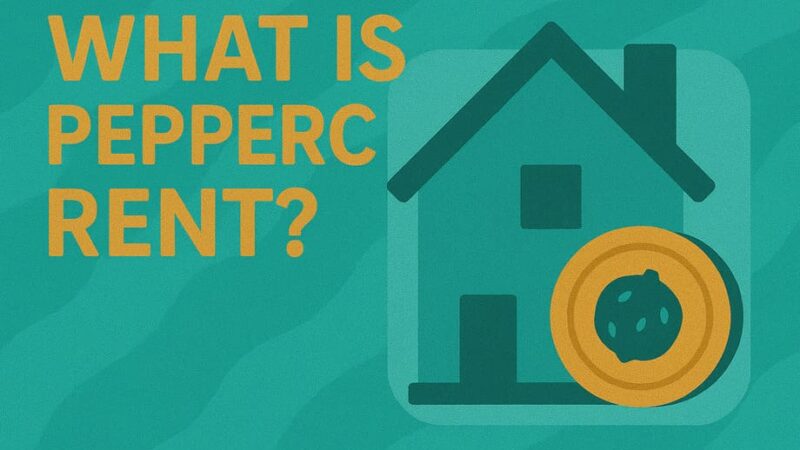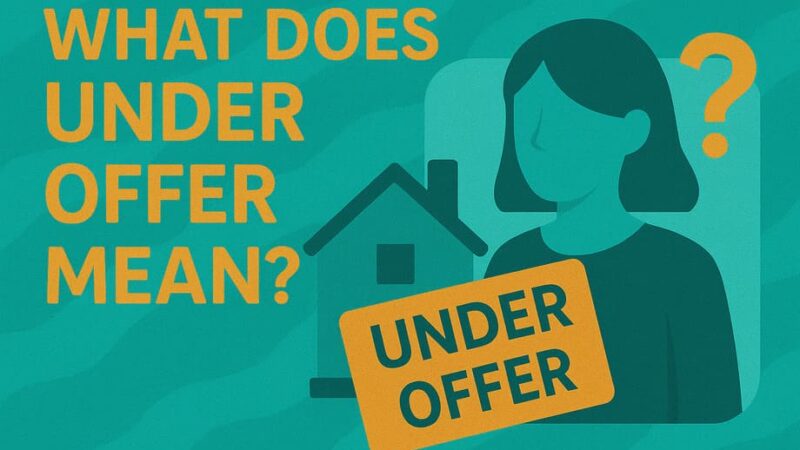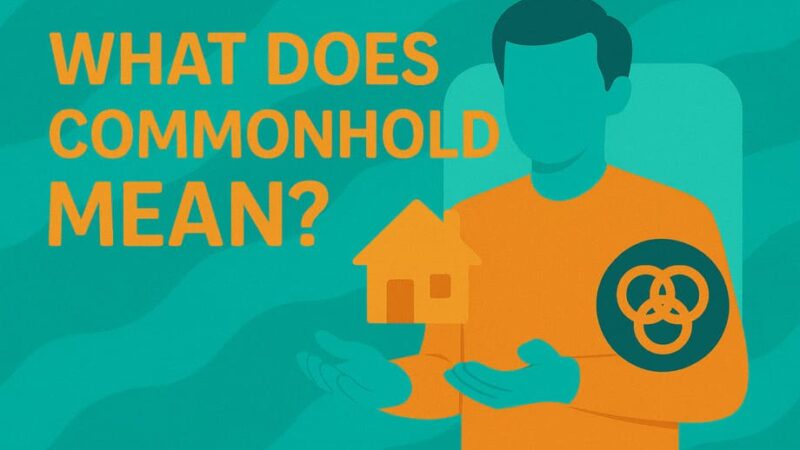What is Gazumping?

Finding your dream home and having your offer accepted should be a moment of celebration. However, for many UK property buyers, this excitement can quickly turn to disappointment through a practice known as gazumping. Understanding what gazumping means and how to protect yourself is crucial for anyone navigating today’s competitive property market.
What is Gazumping?
Gazumping occurs when a seller accepts your offer on a property but then decides to accept a higher offer from another buyer before contracts are exchanged. Despite your offer being accepted, you lose the property and must start your search again, often having already spent money on surveys, legal fees, and mortgage arrangements.
Here’s how gazumping typically unfolds:
- You make an offer on a house and the seller accepts it
- You arrange surveys and begin the legal process
- Another buyer makes a higher offer
- The seller accepts the higher offer instead of yours
- Your purchase falls through
This can happen at any point before contracts are exchanged, which is why you’ll see properties marked as “SSTC” (Sold Subject to Contract) – meaning the sale isn’t legally binding yet.
Is Gazumping Legal?
Unfortunately, yes. Gazumping is completely legal in England and Wales. Until written contracts are exchanged, there’s no legally binding agreement between you and the seller, regardless of verbal promises or accepted offers.
The seller is free to change their mind and accept another offer right up until the moment contracts are signed. This is why properties remain listed as “Under Offer” or “Sold Subject to Contract” – the sale isn’t secure until legal completion.
In Scotland, the situation is different. Gazumping is much less common because Scottish property law provides greater protection for buyers, with offers typically becoming legally binding once accepted.
How Common is Gazumping?
Gazumping affects far more buyers than you might expect. According to 2024 research by Market Financial Solutions, 37% of UK homebuyers are now being gazumped – that’s more than one in three buyers. This figure has grown by 6% over the past two years.
The financial impact is significant too. The Homeowners Alliance reports that the average cost of being gazumped is £2,400 per instance. This includes:
- Survey and valuation fees
- Legal and conveyancing costs
- Mortgage arrangement fees
- Lost time and opportunity costs
Gazumping is more likely to happen when property prices are rising, there’s high demand for homes, and in competitive markets where buyers outnumber available properties.
Why Does Gazumping Happen?
Gazumping usually occurs for one of several reasons:
Higher Financial Offers
- Another buyer simply offers more money for the property
- Cash buyers who can move faster and don’t need mortgages
- Investors with readily available funds
Better Buying Position
- Buyers with no chain (nothing to sell)
- Those with mortgages already approved
- Buyers who can complete more quickly
Timing Issues
- You’re taking too long with surveys or legal work
- Delays in selling your own property
- Slow solicitors or mortgage providers causing hold-ups
Market Conditions
- Rising property prices encouraging sellers to wait for better offers
- High demand areas with multiple interested buyers
- Seller’s markets where vendors have the upper hand
Estate agents are legally required under the Estate Agents Act 1979 to inform sellers of every offer they receive, even after accepting yours. While this might seem unfair, it’s their legal obligation.
How to Reduce Your Risk of Being Gazumped
While you can’t completely prevent gazumping, you can take steps to make it much less likely:
Before You Start House Hunting
Get Your Finances Ready
- Obtain a mortgage agreement in principle to show you’re a serious buyer
- Have your deposit readily available
- Gather all necessary financial documentation
Prepare Your Legal Team
- Instruct a solicitor or conveyancer before you start looking
- Choose professionals known for working quickly
- Get quotes from surveyors so you can book immediately
When Making Your Offer
Make a Competitive Offer
- Avoid very low offers that invite competition
- Research local property prices to make realistic offers
- Consider offering slightly above asking price in competitive areas
Highlight Your Strengths
- Emphasize if you’re chain-free or a cash buyer
- Mention flexibility on completion dates
- Show you’re a committed, serious buyer
Request the Property Be Taken Off the Market
- Ask for viewings to stop once your offer is accepted
- Request removal from property websites
- Make this a condition of your offer where possible
After Your Offer is Accepted
Move Quickly
- Arrange surveys and legal work immediately
- Respond promptly to all requests from your solicitor
- Keep everyone informed of your progress
Build a Good Relationship
- Stay in regular contact with the estate agent
- If possible, communicate directly with the seller about your enthusiasm for the property
- Show you’re progressing the purchase actively
Consider a Lock-Out Agreement This is a legal contract where the seller agrees not to consider other offers for a set period (usually 2-4 weeks). While sellers don’t have to agree, it provides extra protection against gazumping.
Protecting Yourself Financially
Home Buyer Protection Insurance Starting from around £75, this insurance can help recover costs if you’re gazumped. It typically covers survey fees, legal costs, and mortgage arrangement fees. For those who claimed in 2023/24, the average payout was £975.
Keep Track of Your Costs Monitor how much you’re spending on:
- Property surveys (£300-£1,500)
- Legal fees (£500-£1,500)
- Mortgage arrangement fees (£200-£2,000)
- Search fees and other costs
This helps you make informed decisions if you face gazumping.
What to Do if You’re Gazumped
If you discover you’ve been gazumped, you have several options:
Consider Increasing Your Offer
- Review your finances to see if you can match the higher offer
- Factor in money you’ve already spent
- Don’t stretch beyond what you can comfortably afford
- Remember you could be gazumped again
Highlight Your Advantages
- Remind the seller why you’re a good buyer
- Emphasize benefits like being chain-free or flexible on dates
- Contact the seller directly to express your commitment
Know When to Walk Away
- Sometimes it’s better to start fresh with a new property
- Consider the emotional and financial cost of continuing
- Factor in the risk of being gazumped again
Claim on Insurance If you have Home Buyer Protection Insurance, submit your claim to recover eligible costs.
What is Gazundering?
Gazundering is the opposite of gazumping – when a buyer reduces their offer just before contracts are exchanged. Like gazumping, it’s legal but generally considered unethical.
How to Protect Yourself
The key to avoiding gazumping is preparation and speed:
- Get mortgage approval before house hunting – shows you’re serious
- Move quickly through the process – the faster you reach exchange, the safer you are
- Consider protection insurance – financial safety net from £75
- Build relationships – sellers are less likely to gazump buyers they like
- Be realistic about offers – very low offers invite competition
The Bottom Line
Gazumping is an unfortunate reality of buying property in England and Wales, affecting 37% of buyers and costing an average of £2,400 when it happens. While you can’t eliminate the risk entirely, being prepared and moving quickly can significantly reduce your chances of being gazumped.
Remember that until contracts are exchanged, nothing is guaranteed. The property market can be unpredictable, but with the right preparation, professional support, and protective measures, you can navigate it successfully and secure your dream home.
If you’re considering buying a property, speak to qualified mortgage advisers and solicitors who can guide you through the process and help minimize your gazumping risk.
Frequently Asked Questions
Can I sue someone for gazumping me?
No, you cannot sue for gazumping as it’s completely legal in England and Wales. Until contracts are exchanged, there’s no binding agreement, so sellers are free to accept other offers.
How long after my offer is accepted can I be gazumped?
You can be gazumped at any point before contracts are exchanged. This could be days, weeks, or even months after your offer was accepted, depending on how long the conveyancing process takes.
Do estate agents encourage gazumping?
Estate agents are legally required to pass on all offers to sellers, even after accepting yours. While some may benefit from higher sale prices, most are simply fulfilling their legal obligations rather than actively encouraging gazumping.
Is gazumping more common in certain areas?
Yes, gazumping is more common in high-demand areas with limited housing stock, particularly in London, the South East, and other competitive property markets where prices are rising.
What’s the difference between gazumping and gazundering?
Gazumping is when a seller accepts a higher offer from another buyer. Gazundering is when a buyer reduces their offer just before exchange, usually to pressure the seller into accepting less.
Can I get my money back if I’m gazumped?
Unfortunately, you typically cannot recover money spent on surveys, legal fees, or mortgage arrangements through the seller or estate agent. However, Home Buyer Protection Insurance can help cover these costs.
How much does gazumping cost on average?
According to the Homeowners Alliance, being gazumped costs buyers an average of £2,400, including survey fees, legal costs, mortgage arrangement fees, and other expenses.
Is there anything legally binding before contract exchange?
In England and Wales, nothing is legally binding until contracts are exchanged. In Scotland, the system is different and offers typically become binding once accepted.
Should I increase my offer if someone tries to gazump me?
Only if you can comfortably afford it and stay within your budget. Remember that even if you increase your offer, you could be gazumped again by an even higher bid.
How quickly should I move to avoid gazumping?
The faster you move to contract exchange, the better. Aim to complete surveys, legal work, and mortgage arrangements as quickly as possible – ideally within 4-6 weeks of your offer being accepted.
Last Updated on September 21, 2025 by James Cartwright







